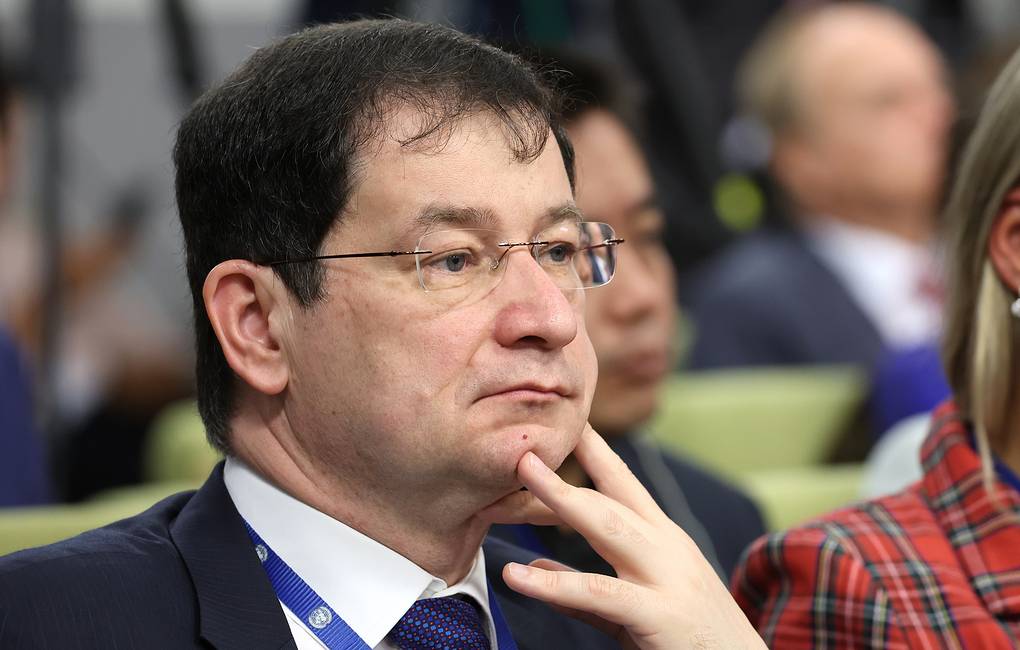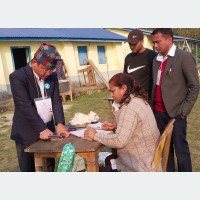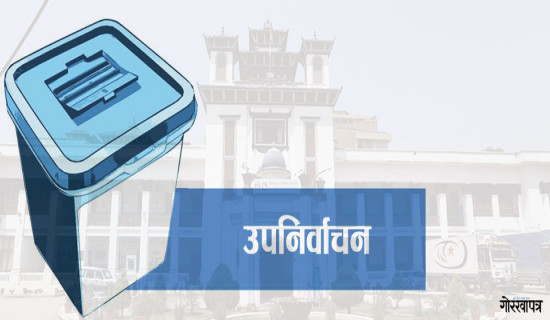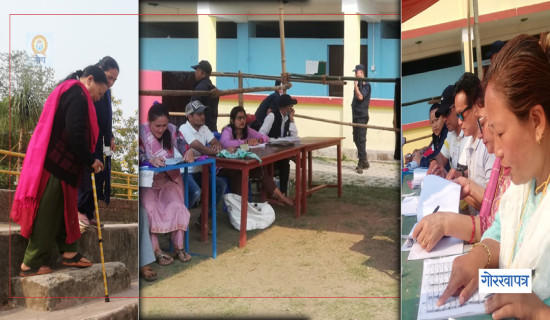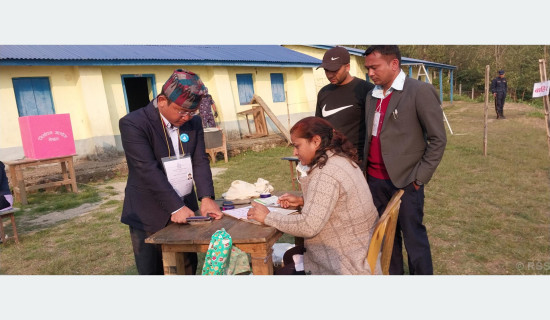- Saturday, 27 April 2024
Russia requests another UN Security Council meeting on Yugoslavia
UNITED NATIONS, March 27. /TASS/. Russia has requested to hold a UN Security Council meeting on NATO’s 1999 aggression against Yugoslavia, but Russian diplomats are still waiting for a response from the Japanese presidency of the Council, Russian First Deputy Permanent Representative to the UN Dmitry Polyansky said.
"Yesterday [on March 25], Russia sent an official letter to the Japanese presidency, requesting to hold as soon as possible a UN Security Council meeting, devoted to the 25th anniversary of NATO’s aggression against Yugoslavia," he said. "This letter was sent to Security Council members, and we are waiting for an official response from the Japanese presidency."
Earlier, Polyansky said Western delegations had disrupted a UN Security Council meeting about the bombings of Yugoslavia, earlier requested by Russia as the members failed to approve the event’s agenda. Three countries (Algeria, Russia and China) voted to approve the agenda, 12 abstained. No delegations voted against it, but the agenda was turned down because it did not receive the required nine votes in favor.
NATO bombing of Yugoslavia
On March 24, 1999, NATO launched a military operation against the Federal Republic of Yugoslavia. The main goal of the air campaign "Allied Force" was stated by the alliance's leadership as "preventing genocide against the Albanian population in Kosovo." According to NATO data, during the 78-day operation, alliance aircraft conducted 38,000 combat sorties.
According to military experts, 3,000 guided missiles were launched, approximately 80,000 tons of bombs were dropped, including cluster bombs and depleted uranium ones. As a result of the bombings, according to Serbian data, between 3,500 to 4,000 people were killed, nearly 12,500 were injured, two-thirds of them civilians. According to the Serbian government, 87 children died during the NATO bombings.

